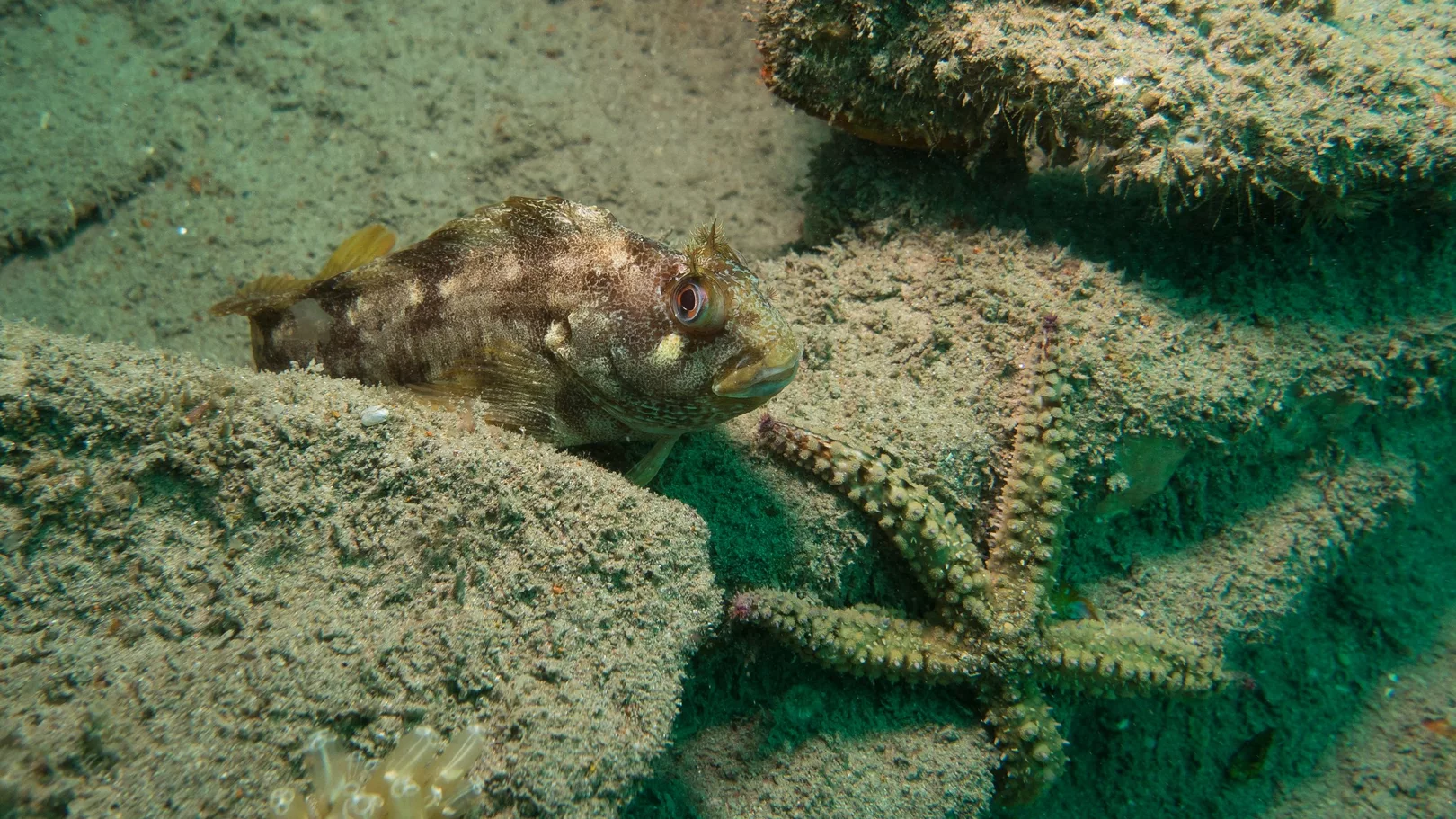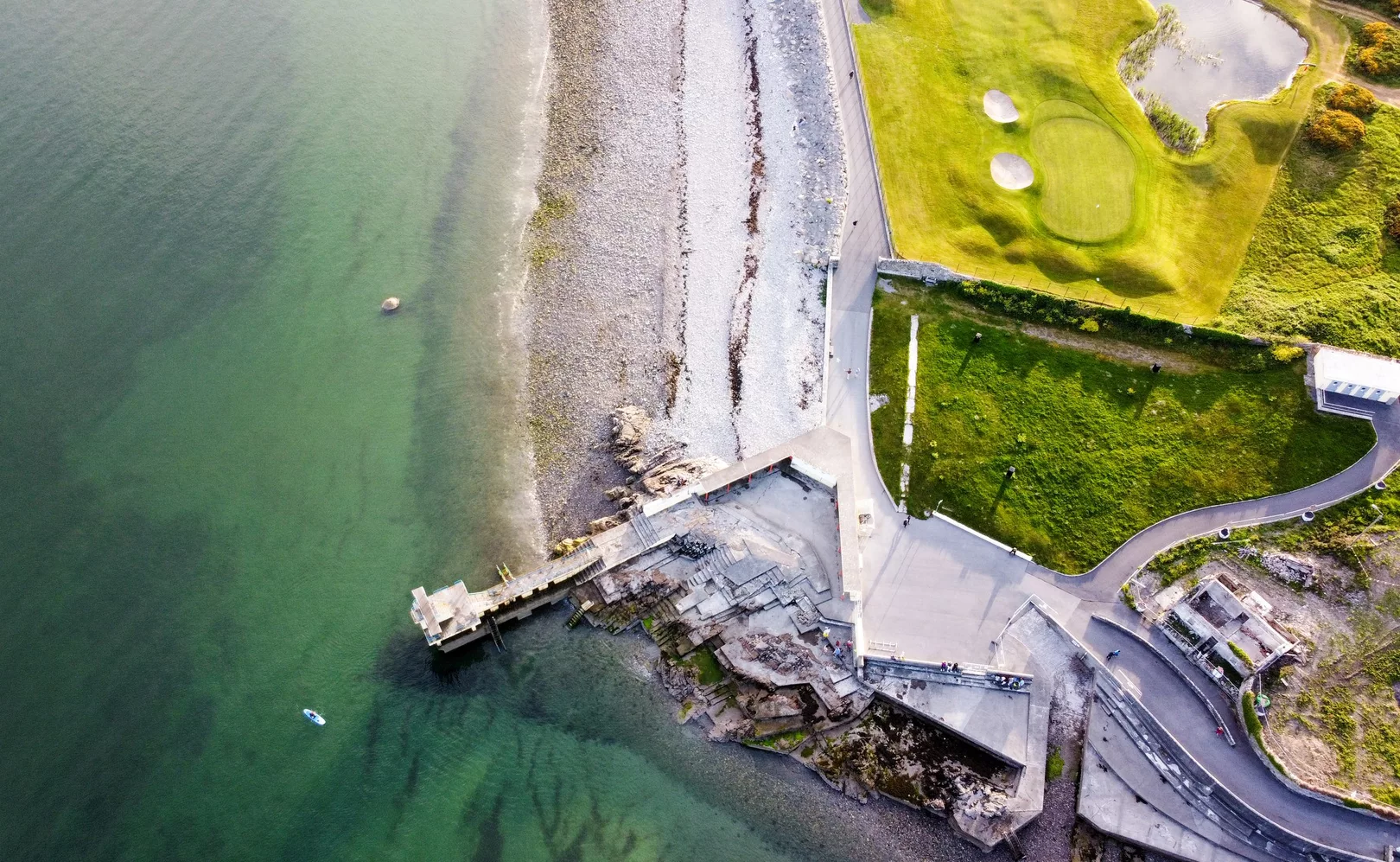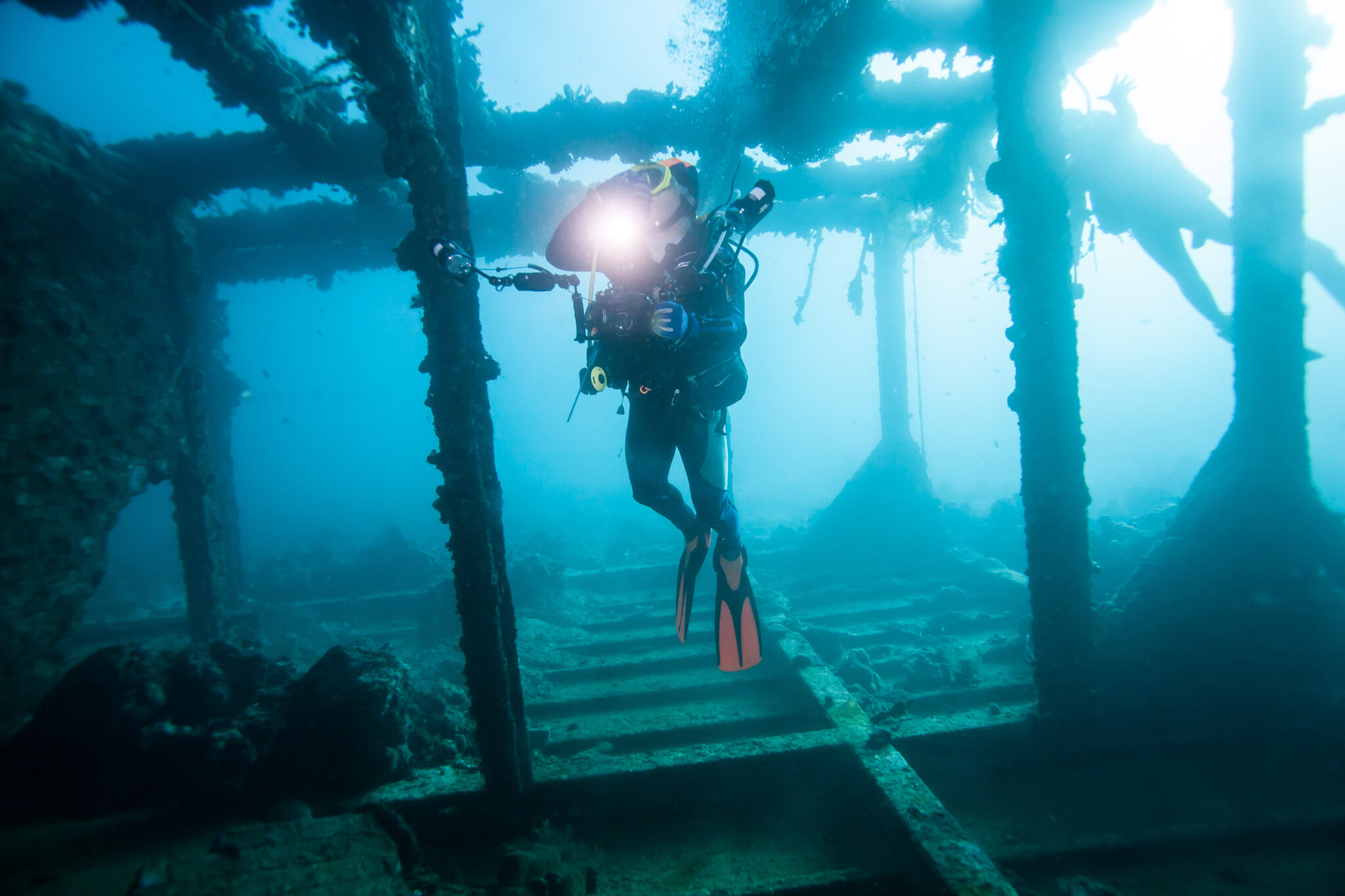Many of us take a moment to reflect on the past and remember those who served during the World Wars. For scuba divers, that usually means honoring history through wreck diving. Wreck diving offers a unique opportunity for divers to connect with the past by exploring what rests beneath the surface. These wreck diving sites in the United Kingdom, once active ships and submarines, now serve as underwater memorials, each with its own story to tell. For those passionate about both history and the underwater world, wreck diving provides an unforgettable experience.
Discover the top wreck diving sites in the UK and learn why now is the perfect time to earn your Wreck Diver Specialty certification.
The HMS M2 is a unique wreck lying off the Dorset coast. This submarine was designed to carry a small seaplane and sank in 1932. Today, it rests at around 30 meters (100 feet) deep and offers a fascinating dive for those with experience in deeper waters. Exploring the remains of this early submarine, you get a sense of the innovative spirit of its time. It’s a compelling dive, showing a glimpse of history frozen beneath the sea.
Learn More About Diving Dorset

The SS James Eagan Layne is a Liberty ship that was torpedoed in 1945. Now, it’s one of the most popular wreck dives in Cornwall. Lying in 20 meters (66 feet) of water, this site is accessible to a range of divers and has become a vibrant marine habitat. The wreck’s open holds and structure provide an interesting dive and a chance to see how nature has reclaimed this piece of wartime history.
Sunk intentionally in 2004 to create an artificial reef, the HMS Scylla now sits upright in 21 meters (69 feet) of water off the coast of Plymouth. It’s a well-loved dive site, offering a safe environment to explore the remains of this former frigate. The structure is mostly intact, and divers can explore various sections while observing the marine life that has made this ship its home. It’s an excellent spot for both new and experienced divers to learn and practice their wreck diving skills.
The HMS Royal Oak, a battleship lost during a surprise attack in 1939, lies in Scapa Flow. It’s a war grave, and special permission is required to dive here. The site is a poignant reminder of the lives lost during wartime and is approached with the utmost respect. For those who do visit, it’s a powerful experience, reflecting on the sacrifices made by so many.

The RMS Leinster wreck, although located in the Irish Sea, is significant. It was torpedoed in 1918, resulting in the tragic loss of over 500 lives. The wreck lies in about 30 meters (100 feet) of water and serves as a sobering reminder of the impact of war, even in these relatively calm waters.

Gaining your Wreck Diver Specialty certification can enhance your diving experience, providing the skills needed to navigate and understand these sites safely. You’ll learn how to explore wrecks responsibly, respect their historical significance, and manage any potential challenges you might face underwater.
With remembrance holidays approaching, it’s a meaningful time to think about what these sites represent. Wreck diving isn’t just about exploration; it’s about connecting with the past in a tangible way. It allows you to understand more about history, and the importance of preserving these underwater heritage sites for the future.
Share This
